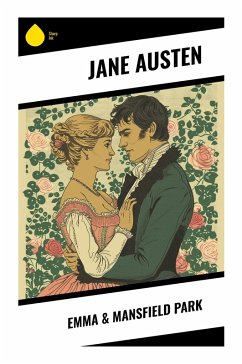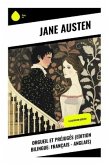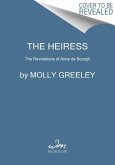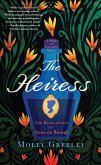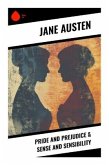In "Emma & Mansfield Park," Jane Austen masterfully intertwines themes of social class, morality, and personal growth, revealing the intricacies of human relationships in early 19th-century England. Austen's prose reflects her keen understanding of social dynamics, while her use of free indirect discourse invites readers into the minds of her protagonists, Emma Woodhouse and Fanny Price. Each narrative offers a contemplative examination of self-awareness and ethical dilemmas, showcasing Austen's signature wit and irony amidst the subtly rich context of Regency society. Jane Austen, born in 1775, emerged as a pioneering voice in English literature, often drawing from her own experiences as a woman navigating the constraints of her time. Her keen observations of social norms and family dynamics inspired her to create complex, relatable characters who grapple with issues often relegated to the margins. The rich tapestry of her own life, filled with both privilege and the limitationsof her gender, undoubtedly influenced her writing in "Emma & Mansfield Park," where she scrutinizes societal expectations and personal autonomy. This edition is highly recommended for scholars and casual readers alike, as it delves into the nuanced portrayals of femininity, agency, and moral responsibility. Austen's unparalleled narrative craftsmanship offers a thought-provoking exploration of character and conscience that remains relevant today, making these novels essential reading for anyone interested in the evolution of the modern novel.
Bitte wählen Sie Ihr Anliegen aus.
Rechnungen
Retourenschein anfordern
Bestellstatus
Storno

